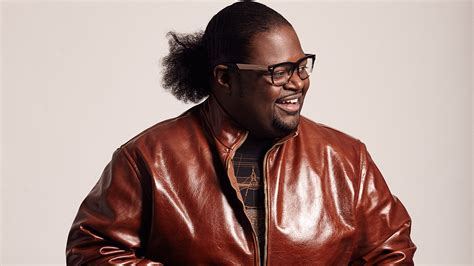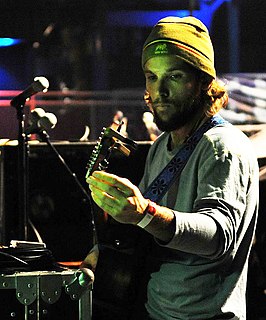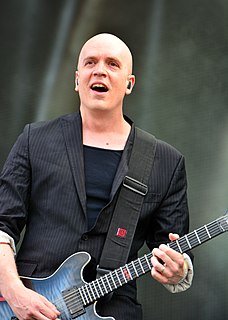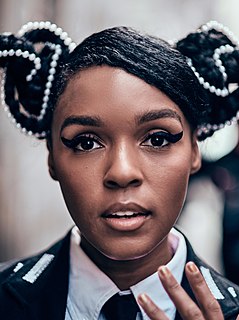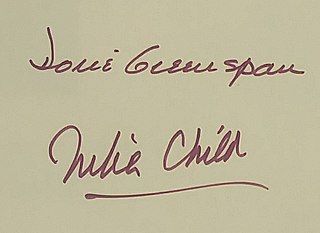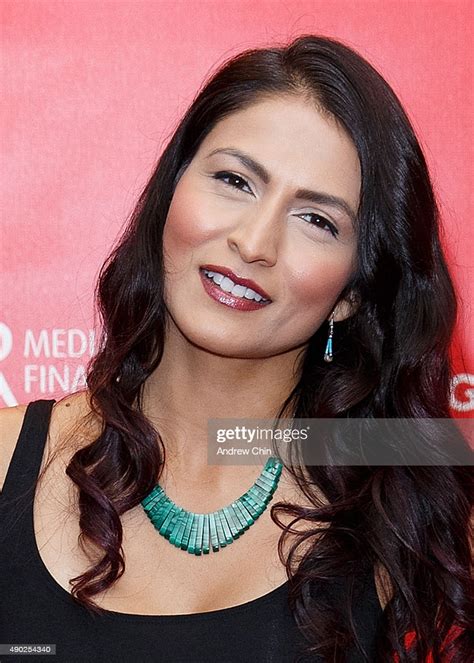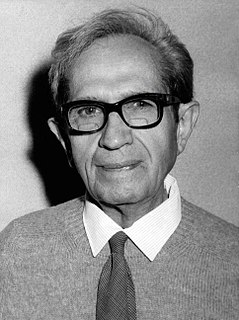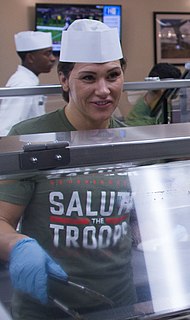A Quote by Anne Wojcicki
I think it is absolutely crazy in this day and age that I have to go through a trial and error method to see if my child is allergic to an antibiotic or peanuts. I should just know.
Related Quotes
Some experts say we are moving back to the pre-antibiotic era. No. This will be a post-antibiotic era. In terms of new replacement antibiotics, the pipeline is virtually dry. A post-antibiotic era means, in effect, an end to modern medicine as we know it. Things as common as strep throat or a child's scratched knee could once again kill.
There are no rules or formulas for success. You just have to live it and do it. knowing this gives us enormous freedom to experiment toward what we want. Believe me, it's a crazy, complicated journey. It's trial and error. It's opportunism. It's quite literally, "Let's try lots of this stuff and see how it works."
Science is a way of getting knowledge. It's a method. It's a method that really relies on making mistakes. We propose ideas, they are usually wrong, and we test them against the data. Scientists do this in a formal way. It's a way that everyone can go through life; that's how we should be teaching science from a very young age.
We know the laws of trial and error, of large numbers and probabilities. We know that these laws are part of the mathematical and mechanical fabric of the universe, and that they are also at play in biological processes. But, in the name of the experimental method and out of our poor knowledge, are we really entitled to claim that everything happens by chance, to the exclusion of all other possibilities?


